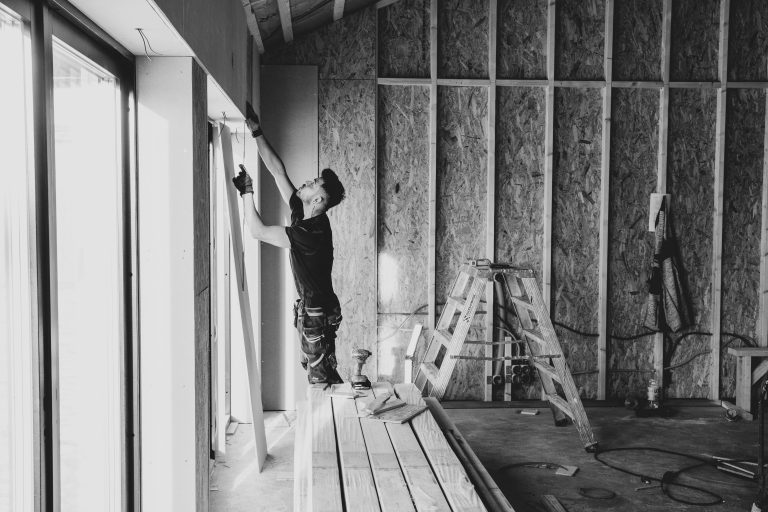Understanding the Risks of Joint Ownership Without Marriage and Buying a Home Together
Someone recently emailed me asking what they could do about a home they purchased years ago with their girlfriend. At the time, everything was going great and they were thrilled to be buying together. They bought the home together, lived happily for a few years, and then decided to go their separate ways. The plan was that she would stay in the home and get it ready to sell. But a year later, the house is still not on the market. She has made no effort to list it, and he’s still paying half the expenses. He’s worried about his credit and financial future, but with no legal agreement in place, his options are limited.
There Is No Divorce Court for Unmarried Couples
What many people do not realize is that unmarried couples do not have access to the same legal protections that married couples do. Divorce court can force the sale of a marital home, but when a couple is not married, there is no simple path to resolution. Yes, you can go to court and file a lawsuit, but it is not quick or easy, and there are no guarantees.
In this case, the only real option is for the former partner to sue and hope that the court will intervene with an order to sell the property. But the process is costly, time-consuming, and emotionally draining. All of this could have been avoided with a simple agreement in place from the beginning.
What You Can Do Instead
I reached out to a trusted family law attorney to ask what advice he would give to couples in this situation. His answer was clear. Before buying property together, unmarried couples should meet with an attorney and create a written agreement that outlines exactly what will happen if they break up. This agreement should cover:
- Who stays in the home if the relationship ends
- When and how the property will be listed for sale
- Who will pay the bills after one person moves out
- How decisions around pricing and sale terms will be made
This type of agreement is similar to a prenuptial agreement and can help avoid confusion, disagreement, and unnecessary court battles. Even if you do not hire an attorney, a written document signed by both parties is better than nothing.
Do Not Wait Until It’s Too Late
While it’s best to sign the agreement before the closing, it can also be done shortly after. The key is to do it while both parties are still on good terms. If you can outline your expectations and send that to an attorney, they may be able to draft the document quickly and affordably. In many cases, it could cost just a few hundred dollars to protect yourself.
Title Matters Too
Another critical factor to consider is how you hold title to the property. In many states, you can choose between joint ownership with full rights of survivorship or as tenants in common without survivorship rights.
- With survivorship: If one partner passes away, the other automatically becomes the full owner of the property.
- Without survivorship: If one partner passes, their share goes to their heirs, not their partner.
This is another reason to speak with an attorney to make sure your title reflects your intentions.
Protect Yourself Now
If you are an unmarried couple planning to buy a home together, talk to a real estate attorney. Get something in writing that spells out what happens if things go south. It may be uncomfortable in the moment, but it can save you from serious hardship later.
If you need a trusted real estate agent or attorney in your area, I am happy to make a connection. Let me know where you are located, and I will connect you with someone who can help you make the smartest move possible.







